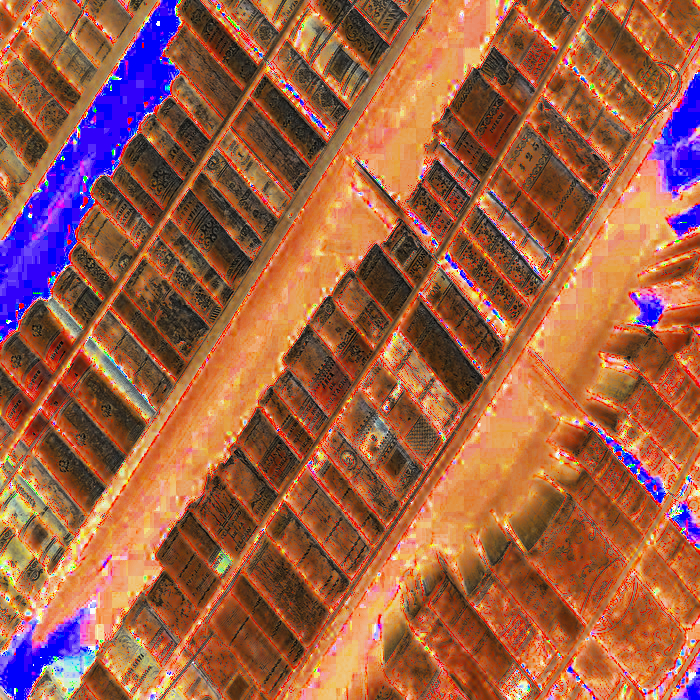terminal 0
unfinished

NEFX - Exiwater.txt ? at a point of complacency with respect to knowledge; and a potential sign of this may lie in that the journeyer does not find at the believed endpoint an according transformation in their conception of that endpoint as is entailed in the phases of knowledge had along the way, let alone that the attainment of full knowledge would not correspond to a still-present and prone-to-folly mortal existence as would go around and propound their new supposed truth. ? To recognize this is in part to help bypass it preemptively. ? That is, if one can attain to the ultimate, through a process of knowing, then this path (however unto itself incorrect) can be a step in the ultimate's realization of itself through its components such as the very beings that seek after it, and may thus reveal an aspect (or a shadow thereof) of the ultimate by demonstrating a capacity of the component or being seeking after the ultimate that gives and encompasses that being and being's tendency. ? Knowledge is such that although in its final form it may no longer have a pushing or extending impulse, this notion -- let alone its open revelation or propagation -- means the risk of identifying a false form of this as its true form, i. ? e. ? Thus, individual mortal knowing as-given may not be ultimate or even rooty knowing in itself, yet may nonetheless provide hints, which is all the more reason to take seriously, collate, and combine the collective knowing and insight of the general mass. ? Nevertheless, if one considers the truth of the ultimate to contain within it all of the possible notions both true and false which in their respective roles combine to comprise the form of the truth, then one may consider even an inherently limited form of knowing such as mortal or phenomenal knowing to be one such part, a kind of logical revelation on the tendency of an individual on the path towards ultimate knowing. ? e. ? Inevitably in the course of flux and stagnation, the mortal encounters death, and the question remains as to the cause and nature of it with respect to flux and stagnation, and the state to which the now-dead one is thus rendered. ? Here the interconnections of the various forms and stages in the path to the ultimate can be probed with renewed healthy skepticism. ? This flux depends in part on the conscious engagement with that which is beyond the self and the self's immediate ambit and scope, while nonetheless the consciousness that deals with this is both fallaciously and ultimately transcendentally bound to itself and abstracting beyond the mortal chains. ? For that matter, that which is unto itself untrue is not by that fact irrelevant in its content or revelation to the project of attaining to the ultimate. ? To reflexively hold otherwise, or to hold to the idea that the untrue notion reveals only an incomplete consciousness to be rejected, is ironically itself a thought not only emblematic of an incomplete consciousness but issued forth by the probing mortal consciousness that is by its nature incomplete at the start of the project, and also does not recognize itself in such moment as embodying one of those same incorrect notions that help with others and their shadows to comprise the whole of the truth. ? Yet if this endpoint is so beyond present mortal conditions, it remains to be asked whether it lies in the neverending, the constant flux, and thus that total satisfaction beforehand is a sign of folly. ? That is, it conceives loosely of that beyond it by means of that which is not beyond it but also not necessarily on the level of the beyond, and this may not necessarily be beyond in a spatiotemporal sense so much as merely conceptually or cognitively, i. ? such as it is with and within the known and even more microcosmic.
